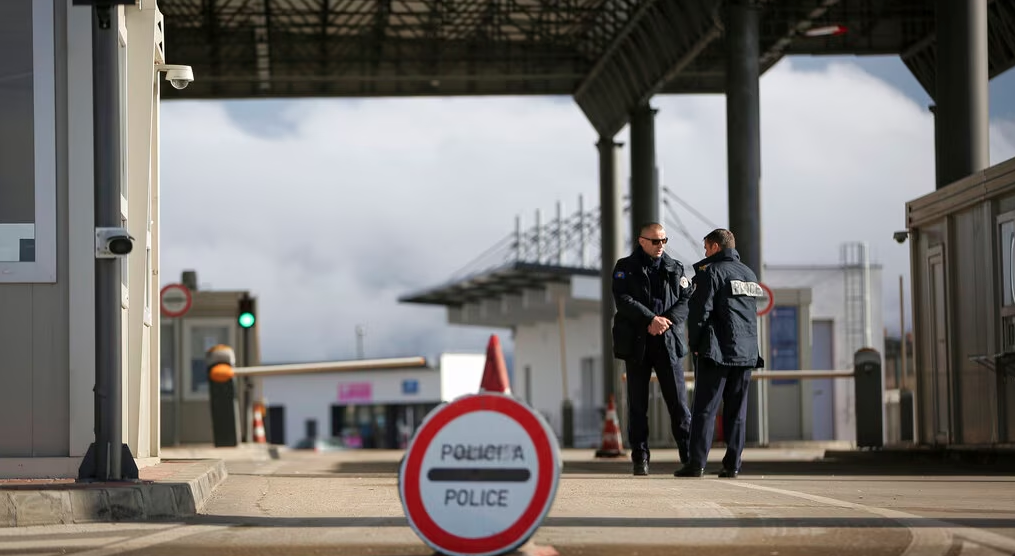Kosovo lifts ban on Serbian imports

Kosovo’s Prime Minister, Albin Kurti, announced on Monday that the government has modified security measures at Merdare, a border crossing with Serbia. Instead of a full ban on Serbian imports, the government has introduced stricter controls until advanced scanners can be installed. Kurti expressed his hope that the United States and the European Union would assist Kosovo by providing these scanners to ensure goods from Serbia do not pose a security threat. “Until the scanners are in place, we will only keep one border crossing open with strengthened controls, as these are security measures,” he said. The Prime Minister added that he believes ‘this change will be sufficient for success in CEFTA the day after tomorrow, and in the Berlin Process on Monday.” He acknowledged that the restrictive measures had impacted trade, but emphasized that this was a “consequence,” not the government’s “intention.”
Why is this significant: Germany has warned Kosovo that the country risks exclusion from CEFTA, if its ban on Serbian imports continued. The warning was issued in the context of the preparations for the Berlin Process summit on October 14 that will be hosted by Germany. Regional economic cooperation is a key element of the Berlin Process, which is the only important regional initiative where Kosovo is represented on an equal footing with the other Western Balkan countries.
Context: The decision of the Government of Kosovo to ban the import of goods from Serbia was taken for “security” reasons last year, when three Kosovo policemen were arrested by the Serbian police. Although the policemen have been released the decision to ban imports from Serbia goods remains in force.
In its annual Report on Kosovo, for the year 2023, the European Commission has criticized the ban as contrary to the spirit of the Stabilization-Association Agreement, which constitutes the only contractual agreement between Kosovo and the EU.
Over the last month, Germany has tried to persuade Kosovo’s government to lift the ban offering in return that Kosovo be represented in CEFTA under its own name, with a footnote, and not through the United Nations Mission in Kosovo (UNMIK). German representatives have stressed that to achieve concrete results for the people of the Western Balkans, compromises are needed on the eve of the Berlin Process Summit of 14 October.
Kosovo has been a member of CEFTA since 2007 and is represented through the United Nations Mission in Kosovo (UNMIK). Kosovo’s authorities now demand to be represented as a state and not through the UN mission.


